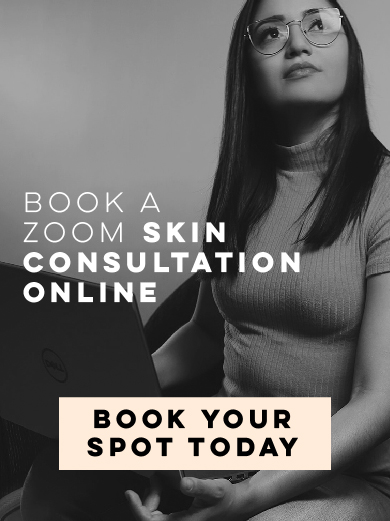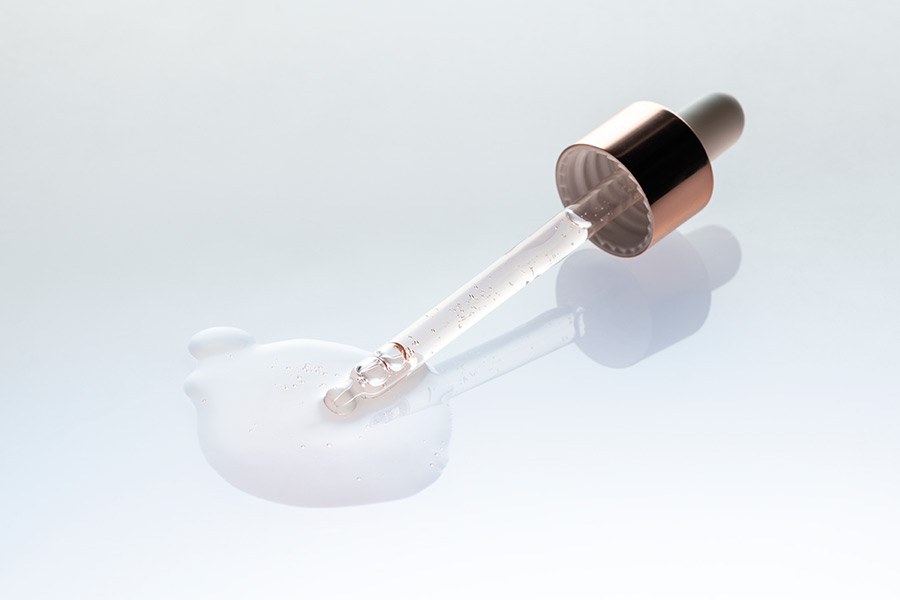The Hottest FAQ’s on Sunscreen
Answered by Dr Alek Nikolic
Some of the commonest questions I get asked about sunscreens revolve around the following: How often should I apply it? Is it safe to use on my toddler? Will I still get a tan? Is SPF 100 better than SPF 30?
I will answer these questions and a few more in the blog post below but before starting I do feel it is important to mention upfront that choosing a sunscreen specific for your skin type and with the correct ingredients is vital before enjoying your summer holiday.
Skin Type:
There are 5 basic skin types: normal, oily, dry, sensitive, and combination. Today sunscreen manufacturers provide sunscreens to suite different skin types so be sure to choose one that is specific for your type. Very simply do not use a sunscreen specific for dry skin if you suffer from oily skin.
Ingredients:
I am a firm believer in using sunscreens that contain zinc oxide and/or titanium dioxide as these minerals reflect harmful UV rays. My personal opinion is that chemical absorbers are fine if they are included in the sunscreen with the mineral blockers.
[quote author=”Dr Alek Nikolic”]“There are many dermatologists who feel that chemical absorber ingredients on their own such as octyl methoxycinnamate and Oxybenzone work just as well by absorbing UV rays.”[/quote]
The Hottest FAQ’s
How often should I apply it?
As a rule of thumb apply your sunscreen every 2 hours but there are factors that effect the longevity of protection. Swimming, exercising and sweating are just some of the things that can cause the duration of effect to be reduced. Furthermore, it is imperative to practice sun avoidance during the highest UV exposures namely 11:00 am to 3:00 pm.
Can I Use Sunscreen On My Toddler?
It is best not to use sunscreen on children less than 6 months of age and if you are walking around in the sun with your toddler my advice would be to consider hats, long tops and pants and even consider sunglasses. Once your toddler has reached 6 months or older then only use sunscreens specifically made for children. Here are some child safe sunscreens I can recommend:
HELIOCARE ADVANCED SPRAY SPF 50 Single or Duo Pack
LA ROCHE POSAY ANTHELIOS KIDS LOTION SPF 50

Is SPF 100 better than SPF 30?
Firstly, SPF is the measure of the level of protection and stands for Sun Protection Factor. Very simply an SPF 30 allows us to stand in the sun for 30 times longer than our unprotected skin. However this does not hold true with high UV indexes so keep an eye out on your local UV index warning.
Interesting SPF Fact:
“What most of us will be surprised about is that SPF 15 protects us from 93% of UVB rays, SPF 30 protects us from 97% of UVB rays while a SPF 50 protects us from 98% of UVB rays. Only 1% more!”
When Must I Apply Sunscreen in My Skin Routine?
The best time to apply your sunscreen is after your moisturiser and before your makeup. Remember to reapply during the day especially if swimming, exercising and towelling down. So,a typical morning skin regime would be as follows:
- Cleanse
- Tone
- Serum
- Moisturiser
- Sunscreen
Will I Be Protected Against UVA Rays?
Yes, but only if you choose a sunscreen that states broad spectrum on the label. UVA rays are responsible for skin ageing, premature wrinkling and even skin cancer so a sunscreen that has been tested and stated broad spectrum coverage will protect you from both UVB and UVA rays.
Will I Tan Through the Sunscreen?
Yes 100% you will still get a tan, but it will take a little longer when using sunscreen. However, the good thing is that once the tan is fully established it will take longer to fade away once you are back at work.
Should I Use a Lotion or a Spray?
The answer is its up to you. It is important to remember that irrespective whether using a spray or a lotion the sunscreen needs to be rubbed in evenly to cover the entire exposed area.
Will Sunscreen Leave a White Residue?
Some sunscreens can leave a white residue which is usually caused by mineral ingredients like zinc oxide. However most reputable sunscreen manufacturers have compiled their ingredients with mineral blockers that do not leave a visible white residue. Here are some great mineral sunscreens that contain mineral reflectors but leave no white residue:
SKINCEUTICALS PHYSICAL FUSION UV DEFENSE SPF 50
SKINCEUTICALS ULTRA FACIAL DEFENSE SPF 50
HELIOCARE ADVANCED GEL SPF 50 Single or Duo Pack

Do Sunscreens Expire?
Yes, most definitely. Typically, once opened a sunscreen should be used in the first six months. Check the expiration date labelling on the sunscreen box and bottle to make sure that the product and its ingredients have not expired before using.
For our full list of sunscreens please view here.
I hope you have found the above helpful especially with the upcoming holiday summer season. Remember to stay protected and most of all be safe and have fun!
Kind regards
Yours in skin
Dr Alek Nikolic




